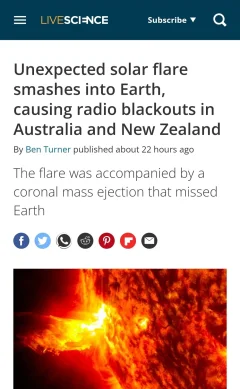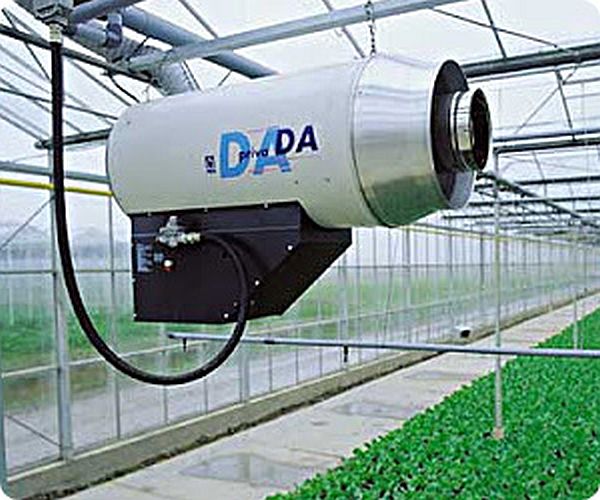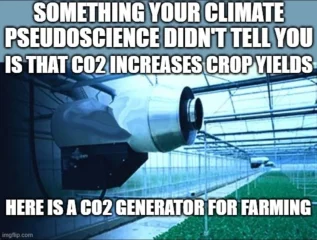- Joined
- Mar 22, 2021
- Messages
- 2,380
ELECTRICITY ISSUES...
A small snippet from attached articles
"The Carrington event was the largest solar storm ever recorded in history in 1859, it affected electrical infrastructure everywhere around the world including New Zealand," warned Otago Museum science engagement co-ordinator Toni Hoeta.

 www.livescience.com
www.livescience.com
 www.newshub.co.nz
www.newshub.co.nz
A small snippet from attached articles
"The Carrington event was the largest solar storm ever recorded in history in 1859, it affected electrical infrastructure everywhere around the world including New Zealand," warned Otago Museum science engagement co-ordinator Toni Hoeta.

Unexpected solar flare smashes into Earth, causing radio blackouts in Australia and New Zealand
The flare was accompanied by a coronal mass ejection that missed Earth
Stuff
Attachments
Last edited:



/cloudfront-us-east-1.images.arcpublishing.com/octane/N5RCUYKRSRE4FCZQZATOSVA3DY.jpg)


